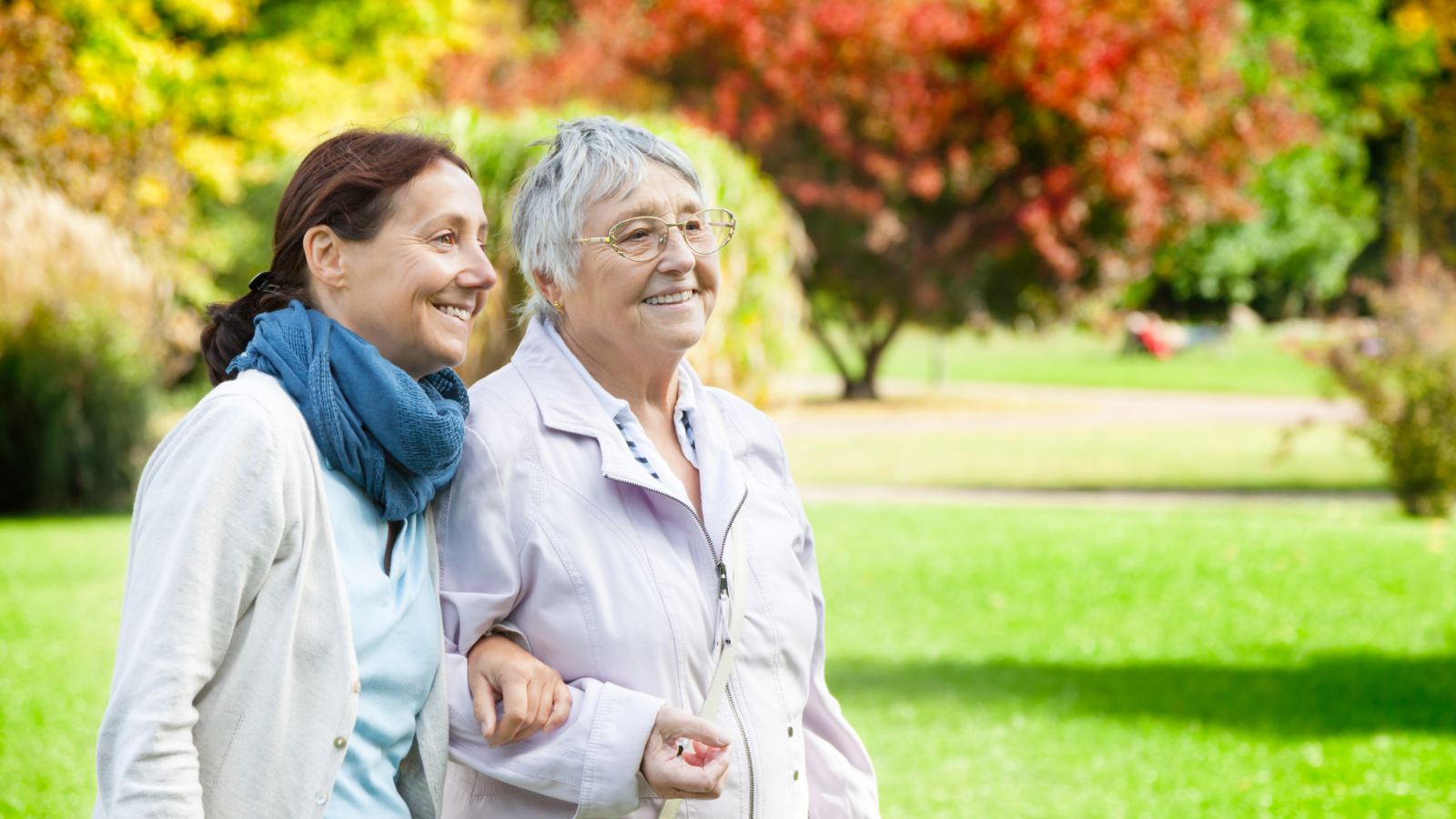Caregiving for others can be a stressful and difficult task. Whether it’s becoming a caregiver for an aging parent, spouse, child, or any loved one, we often dive in heads first with little to no experience or advice on how to be a caregiver. The tasks of a caregiver can have a steep learning curve and soon become a taxing experience for both the caregiver and the loved one who needs assistance. Even if you aren’t a caregiver now, learning how to be one can come in handy in the future. You never know when you need to become a caregiver at a moment’s notice. Here are our top 10 tips to be the greatest caregiver for your loved one.
- Connect with Other Caregivers: Whether it’s connecting with others online or joining a support group, talking with other caregivers can be great a resource for information and help. They can guide you through problems you may be experiencing at home or answer any questions. Other caregivers can help validate your feelings and understand what you are experiencing when not many others can. A great first step is knowing whom you can lean on during a difficult time.
- Ask for Help: We all want to be superheroes 24/7, but it’s okay to ask for help from trusted people in your life and accept any help that is being offered. Learning where others can assist with your list of things to do can take a big load off your shoulders.
- Do Your Research: There are many organizations that provide free resources and information for caregivers. The National Alliance for Caregiving, AARP, American Cancer Society, and U.S. Department of Health & Human Services are just to name a few.
- Organize Your Loved One’s Medical Information: The loved one you are caregiving for may need you to attend medical appointments. Make sure all your loved one’s documents are organized and easily accessible to answer any questions that may come up during the appointment.
- Make Time for Your Health and Well-being: You cannot be the best caregiver you can be if you are unwell physically and mentally. Make sure you are getting enough sleep, eating right, and staying physically active so you can stay healthy for your loved one.
- Learn Positive Coping Skills: Some days will be rewarding, and others will be frustrating. Learning how to positively cope with any anger, resentment, or irritation allows you to release all this pent-up energy into something positive. We recommend exercising, meditating, or practicing self-care.
- Talk to Your Rehab Professionals: Physical therapists, occupational therapists, and speech therapists are all trained to not only provide care to our patients but also to the caregiver. If you need help learning how to perform a caregiving task at home or have questions, your rehab professionals are excellent resources for all these needs. They can either help you directly or provide you with the necessary resources.
- Get Out of the House: Being inside all day is not good for anyone including the loved one you are taking care of. Try going for a walk outdoors, driving around your community, or going to a local coffee shop. All these activities can break up the everyday routine with fun and enjoyment.
- Practice Compassion: Nobody is a perfect person which means no one is the perfect caregiver. You will make mistakes from time to time. At the end of each day, remember to take the time to forgive yourself as tomorrow is a new day.
- Celebrate the Wins: Caregiving for a loved one can be a gratifying experience. Remember to celebrate the wins for yourself and your loved one. It will all be worth it at the end of the day.
Caregiving is a fulfilling and enriching experience but does come with its own set of challenges. As we discussed before, make sure you know whom you can rely on for help and information. At Live Your Life, we have a team of experienced professionals who would love to support you and your loved one through this journey. Click here to learn about the services we provide and contact us for a free consultation.
What makes us different? Our care comes to you!
View Our Service AreaWe Are A Comprehensive Mobile Company Focused on Wellness, Fitness, Rehabilitation, and Prevention
We specialize in transforming the lives of seniors, adults and teenagers with a wide array of diagnoses and conditions in their home or location of choice. You deserve to be your best self through good health and wellness. We would love to have the privilege to work with you or a loved one.
Request a FREE Consultation Today!
